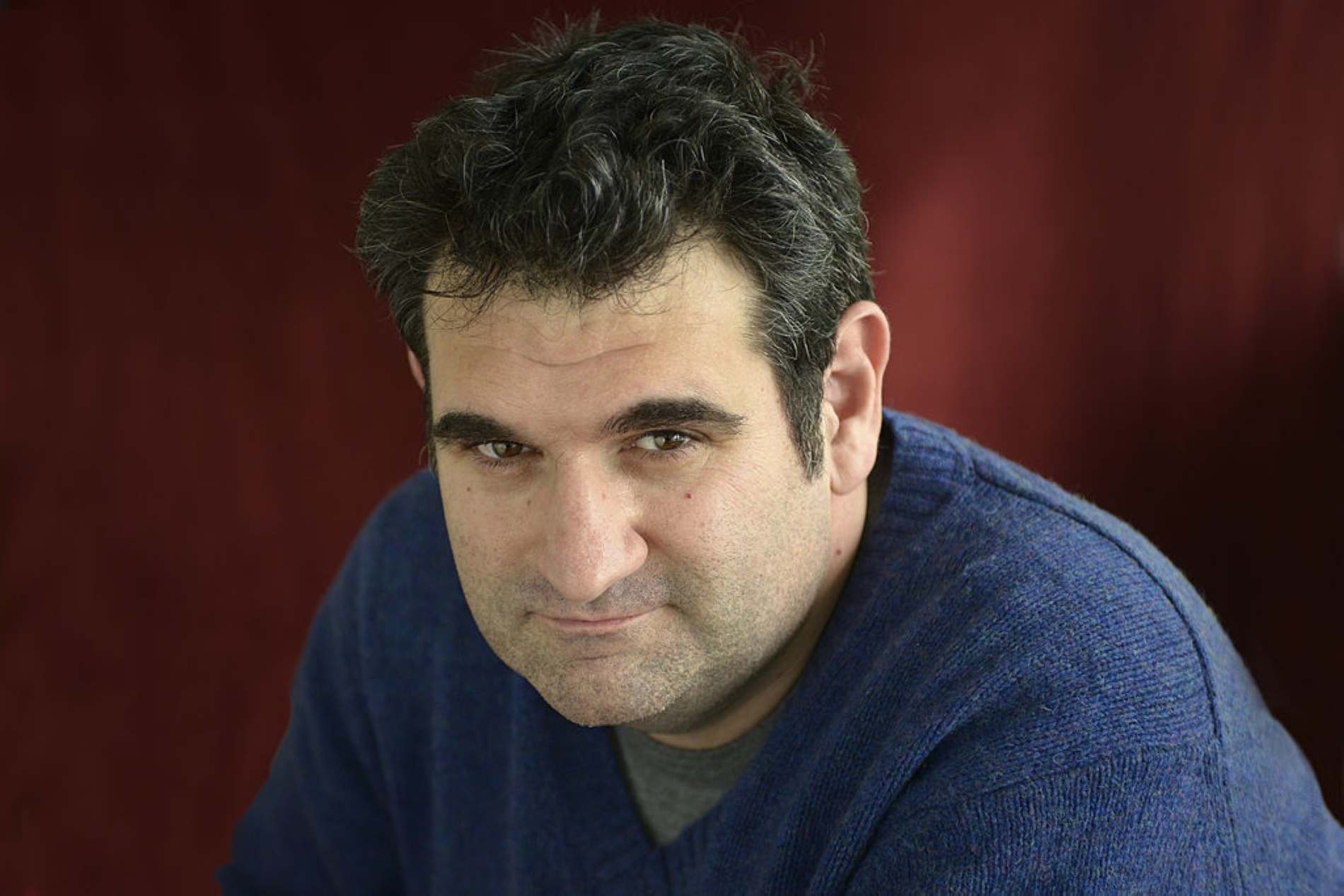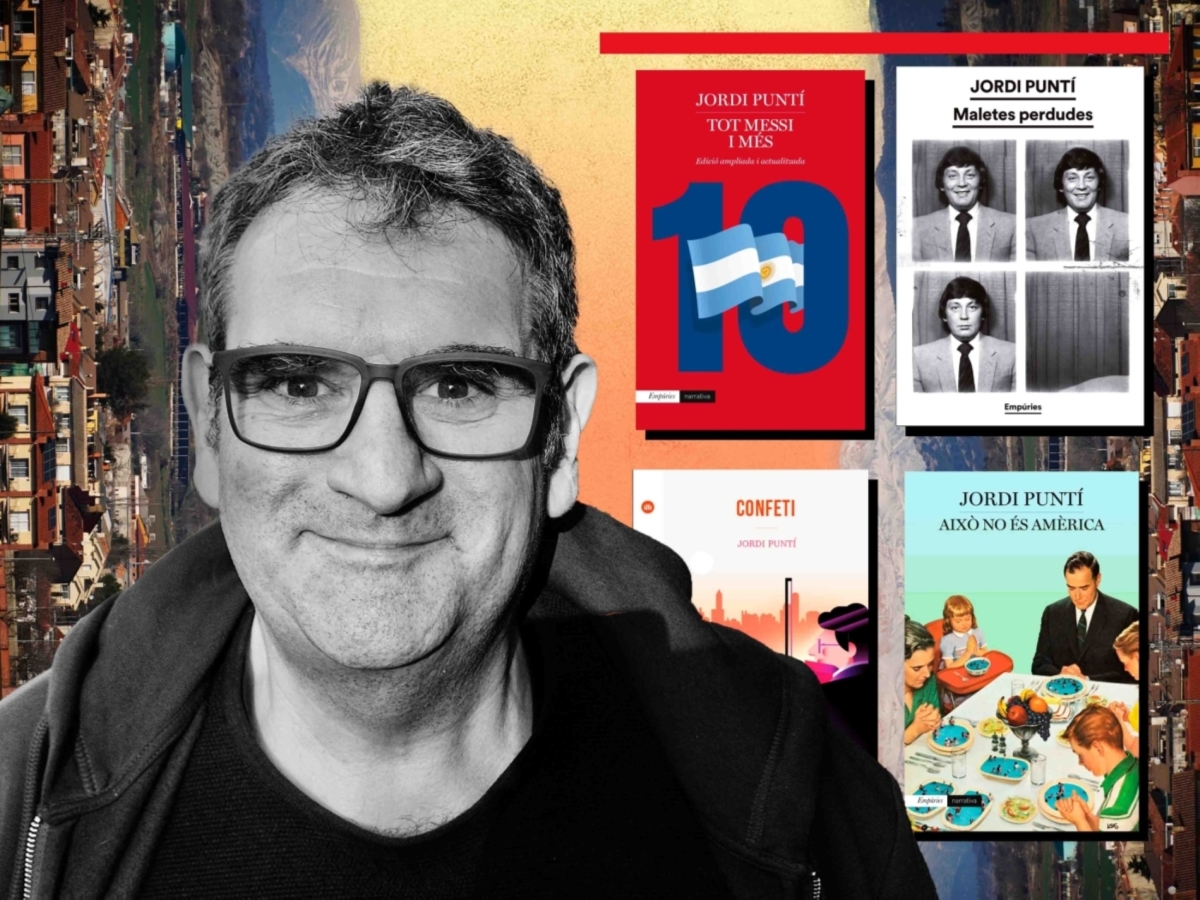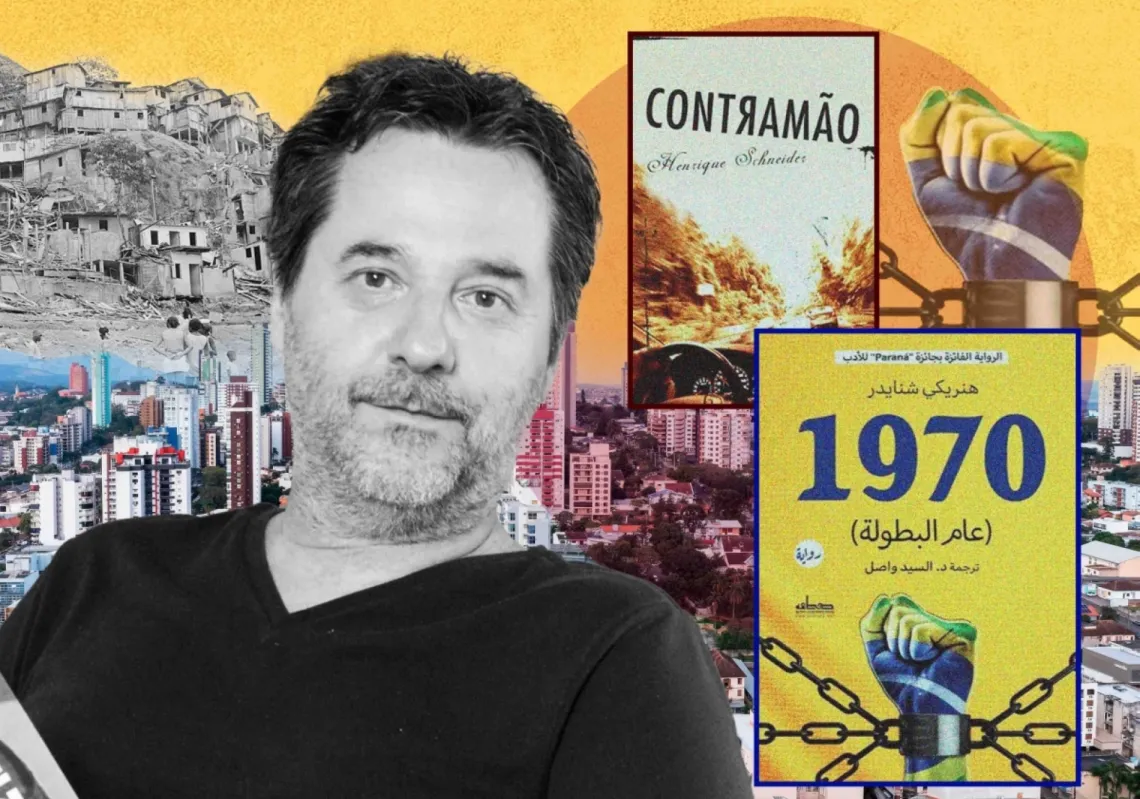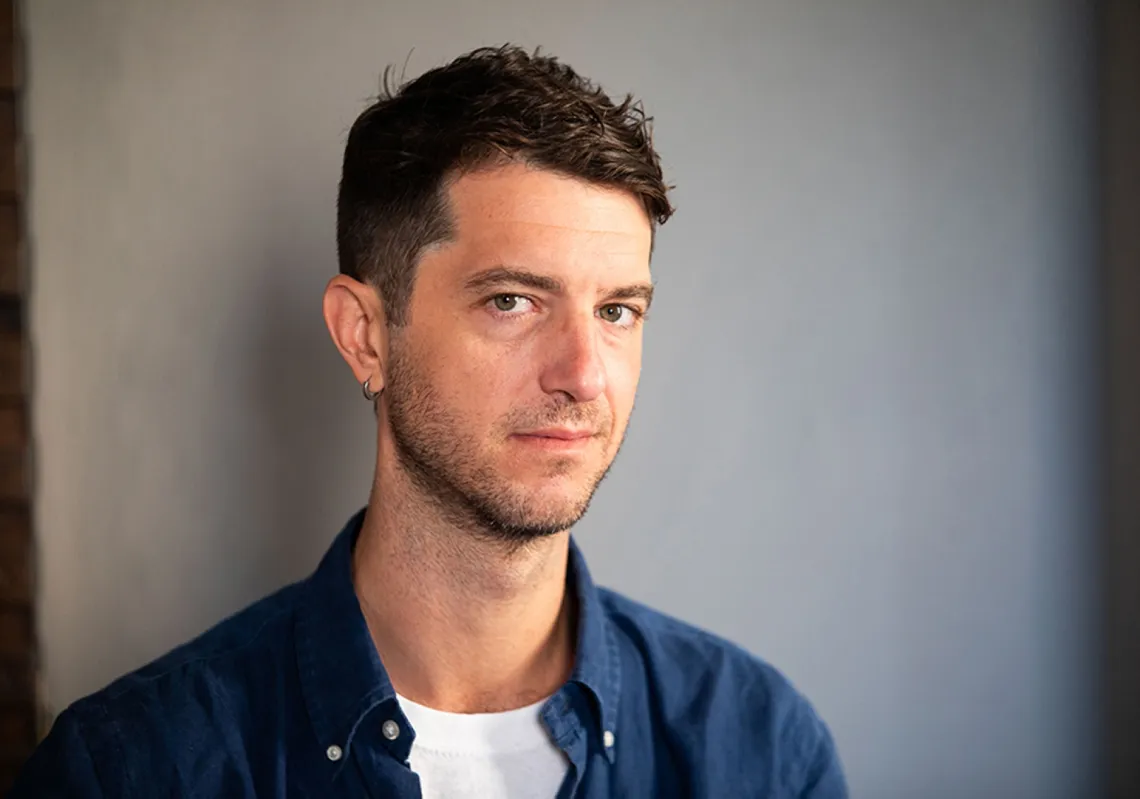Barcelona: At the heart of the contemporary Catalan literary scene, Jordi Puntí emerges as a distinctive voice, skilfully blending profound narrative sensibility with linguistic precision and a vivid humanist vision. He is not just a novelist and short story writer but also a translator and journalist, giving him a well-rounded grasp on language and text.
Born in the Catalan town of Manlleu in 1967, Puntí grew up in a rich linguistic and cultural environment that, from an early age, instilled in him a keen awareness of the importance of local detail in shaping literary identity.
As he explains, his serious literary journey began relatively late, in his late twenties, following years devoted to reading, which he regards as “the first school” that honed his artistic sensibilities and enriched his imagination. Since then, his work has become synonymous with narratives that capture the textures of daily life and explore the depths of the human psyche, employing devices such as subtle irony, nostalgia, and social critique.
Through his novel Lost Luggage, Puntí attracted both local and international attention with a layered narrative that explores unexpected familial ties, emotional fragmentation, and shifting identities, all inspired by a simple personal incident that evolved into a richly textured story. As a discerning translator, he has brought the works of leading authors, including Paul Auster and Amélie Nothomb, into Catalan—an endeavour that has sharpened his sensitivity to the hidden architecture of texts and the vital role of rhythm and style in writing.
He remains a staunch advocate for writing in Catalan amid the forces of globalisation and linguistic homogenisation, seeing it as both a natural choice and an act of cultural resistance.
This is the interview.

How did your journey begin, and how did your birthplace shape you?
I consider myself a reader above all else, and I came to writing comparatively late. In my teenage years, I dabbled in poetry, but it was dreadful and painfully naive. But at 27, I felt compelled to step to the other side, to begin crafting the kind of texts I had long enjoyed reading.
Your stories blend irony, nostalgia, and social critique. How would you describe your literary style?
That is not an easy question to answer, as what I write generally stems from a personal need shaped by the moment. Having said that, I regard irony and humour as essential tools for engaging with the world we inhabit today, and for achieving the critical distance necessary to view everything—starting with oneself—more clearly.
As for nostalgia—or the strain of melancholy often felt by my characters—I link it to the urge to acknowledge the passage of time. Time is the great sculptor, as Marguerite Yourcenar once observed. Its passage, and the weight of the past it carries, help us to understand human development and the contradictions that life inevitably presents.












